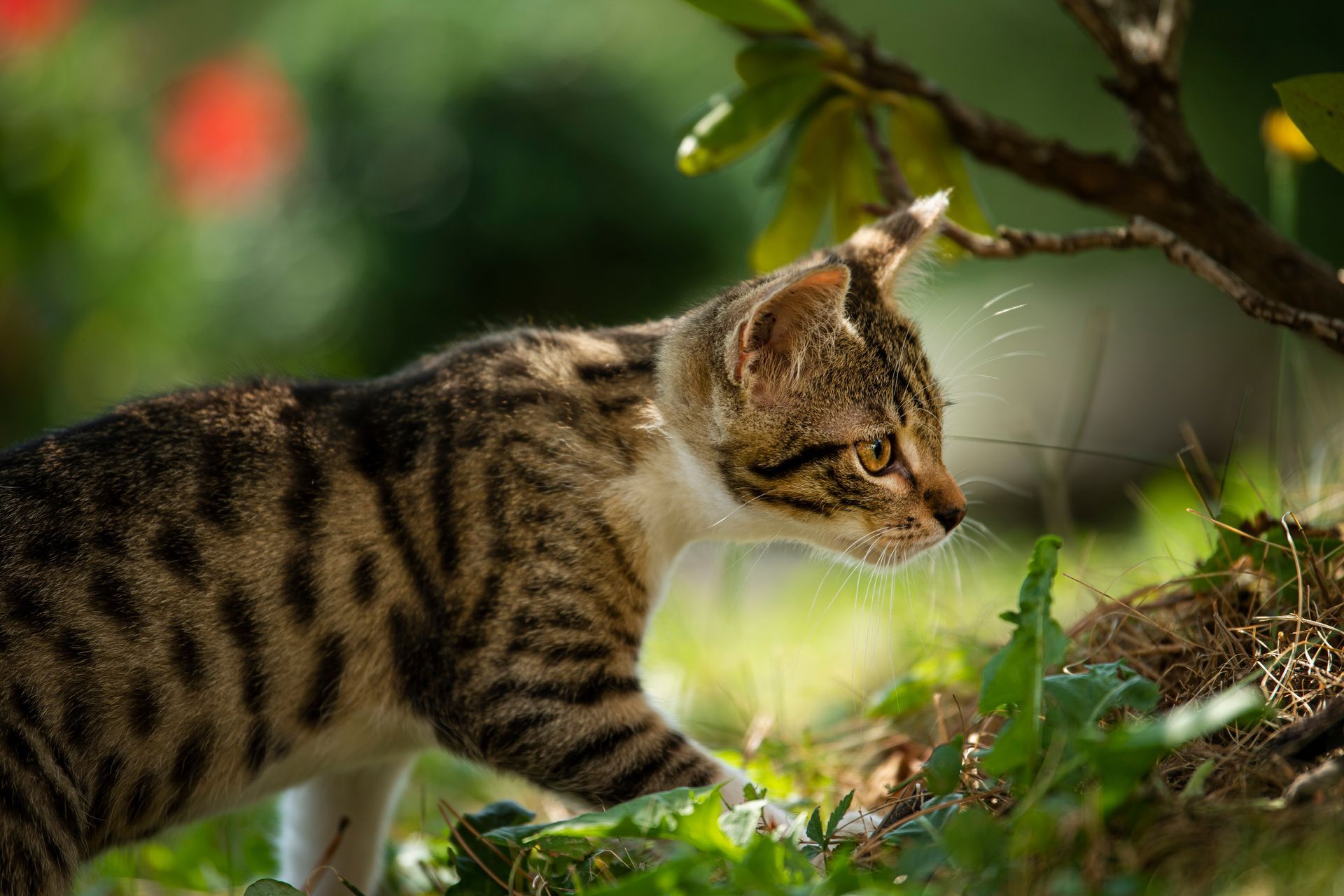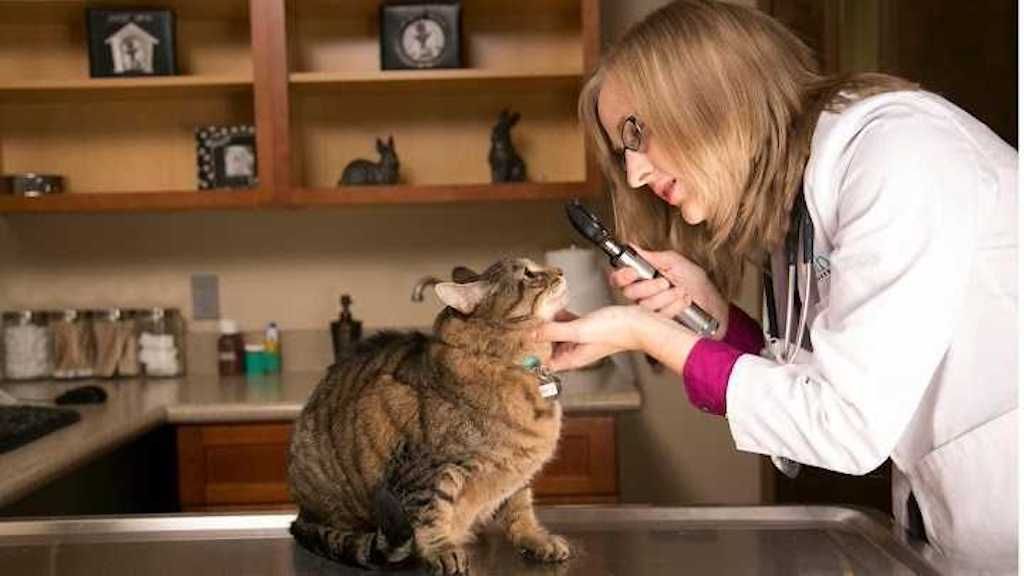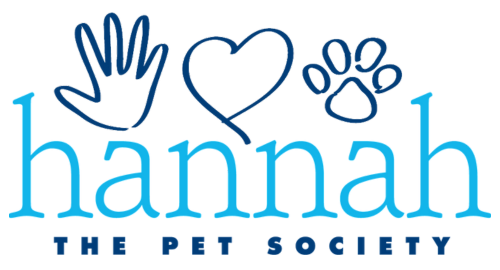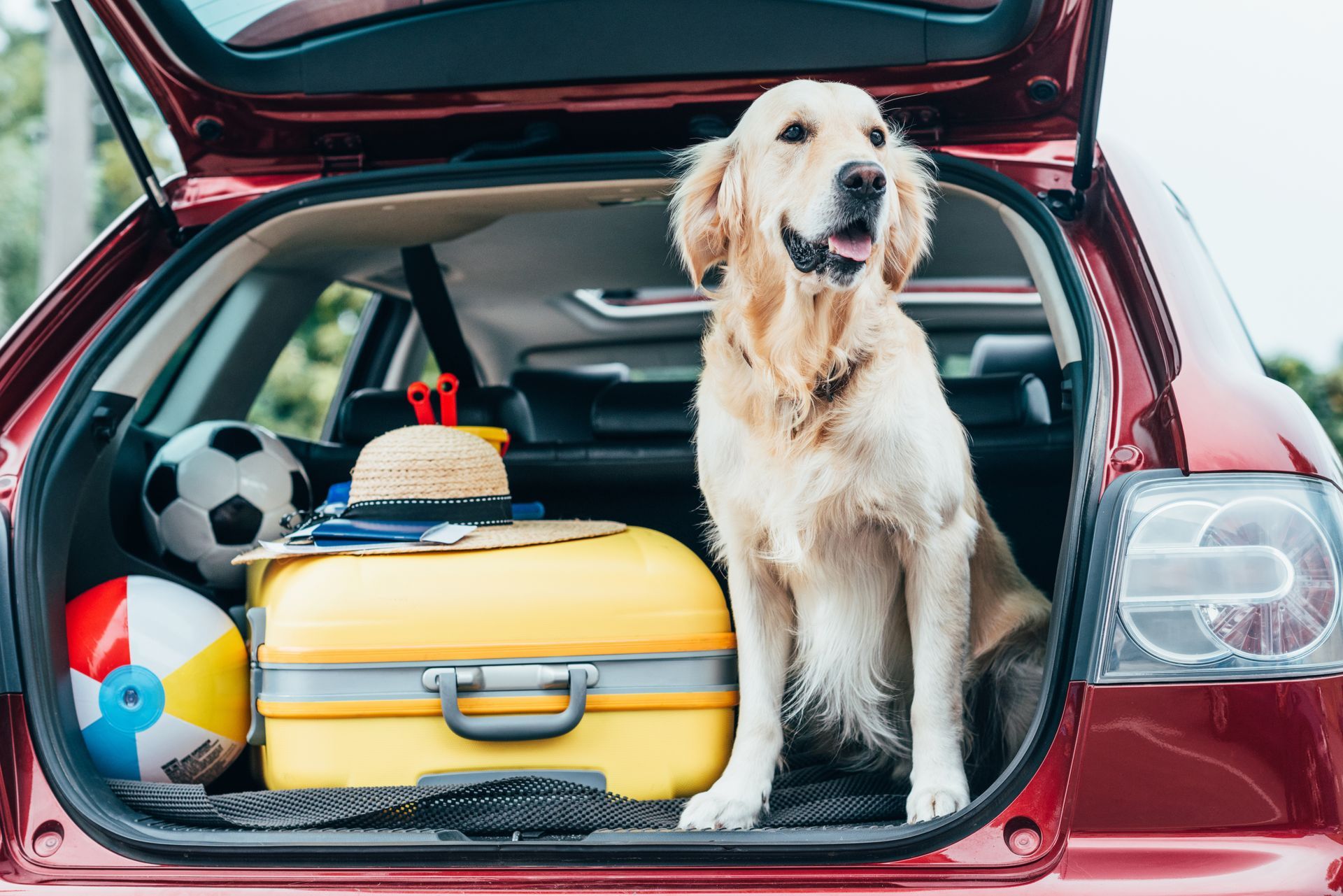Elimination Training Your Puppy
Elimination Training Your Puppy
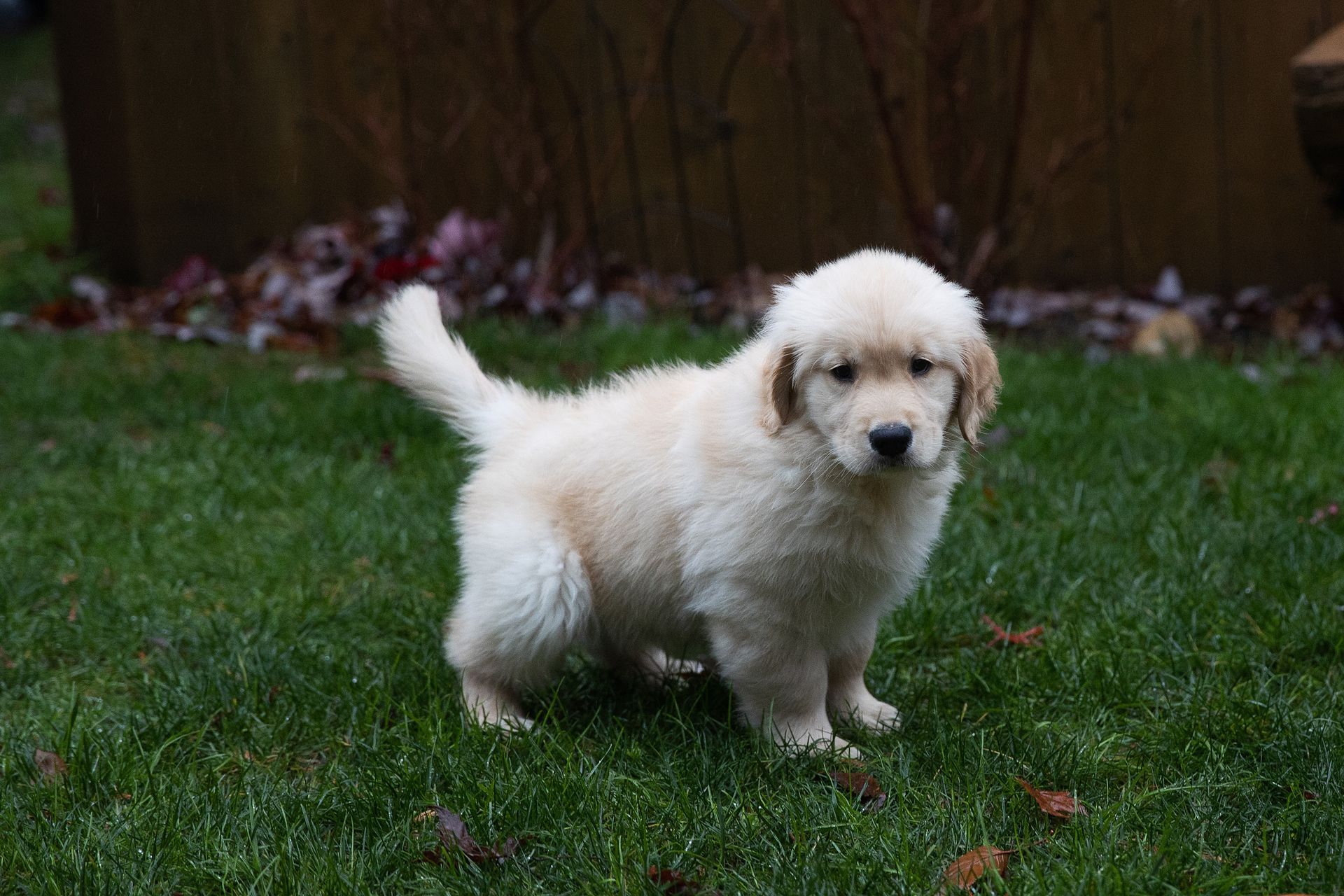
House training is an essential part of integrating a new puppy into your family. A well-trained dog leads to a happy household and prevents the unfortunate outcome of dogs being surrendered due to house soiling issues. Successful elimination training is not only about teaching your puppy where to relieve themselves but also about establishing trust and a bond between you and your Pet.
The journey to a well house trained dog begins with a clean bill of health from your veterinarian. Ensuring your puppy is healthy and free from any conditions that could affect their bladder and bowel control is crucial. With a good quality diet fed on a consistent schedule, you create a predictable bathroom routine. Puppies typically need to eat three times a day until they are about three months old, which can then be reduced to twice daily.
Confinement is not punishment; rather, it's a way to give your puppy a safe space where they can't make mistakes. Crate training, tethering, or keeping your puppy close on a leash indoors helps prevent accidents. It's important to be proactive—take your puppy out frequently, especially after meals, playtime, or when they wake up. Remember that puppies can generally control their bladder one hour for every month of age plus one.
Define a clear toilet area in your yard and make sure all family members are consistent in using it. Lead your puppy to this area on a leash, and once they've successfully done their business, reward them generously. This positive reinforcement makes the experience pleasurable for your puppy and encourages them to repeat the behavior.
When it comes to cleaning up after your puppy in public areas, always be prepared with bags and promptly clean up. Introducing the "Get busy!" command can help your puppy understand what's expected of them during walks. Should an accident occur at home, refrain from physical punishment. Instead, clean the area with an odor neutralizer to remove any scents that might attract your puppy back to the same spot.
A big reward system for successful outdoor elimination is key. Treats, affection, and playtime after they've gone potty will help reinforce good behavior. If you're going to be away for extended periods, prepare a safe space with a designated bathroom area, like puppy pads, to prevent accidents around the house.
Remember, each dog is an individual, and some may take longer to train than others. If your puppy isn't fully house trained within 30 days, consider consulting a behavioral specialist for additional guidance. With patience, consistency, and positive reinforcement, your puppy will learn this important life skill, paving the way for a happy and stress-free coexistence. Download Guide
RECENT ARTICLES
